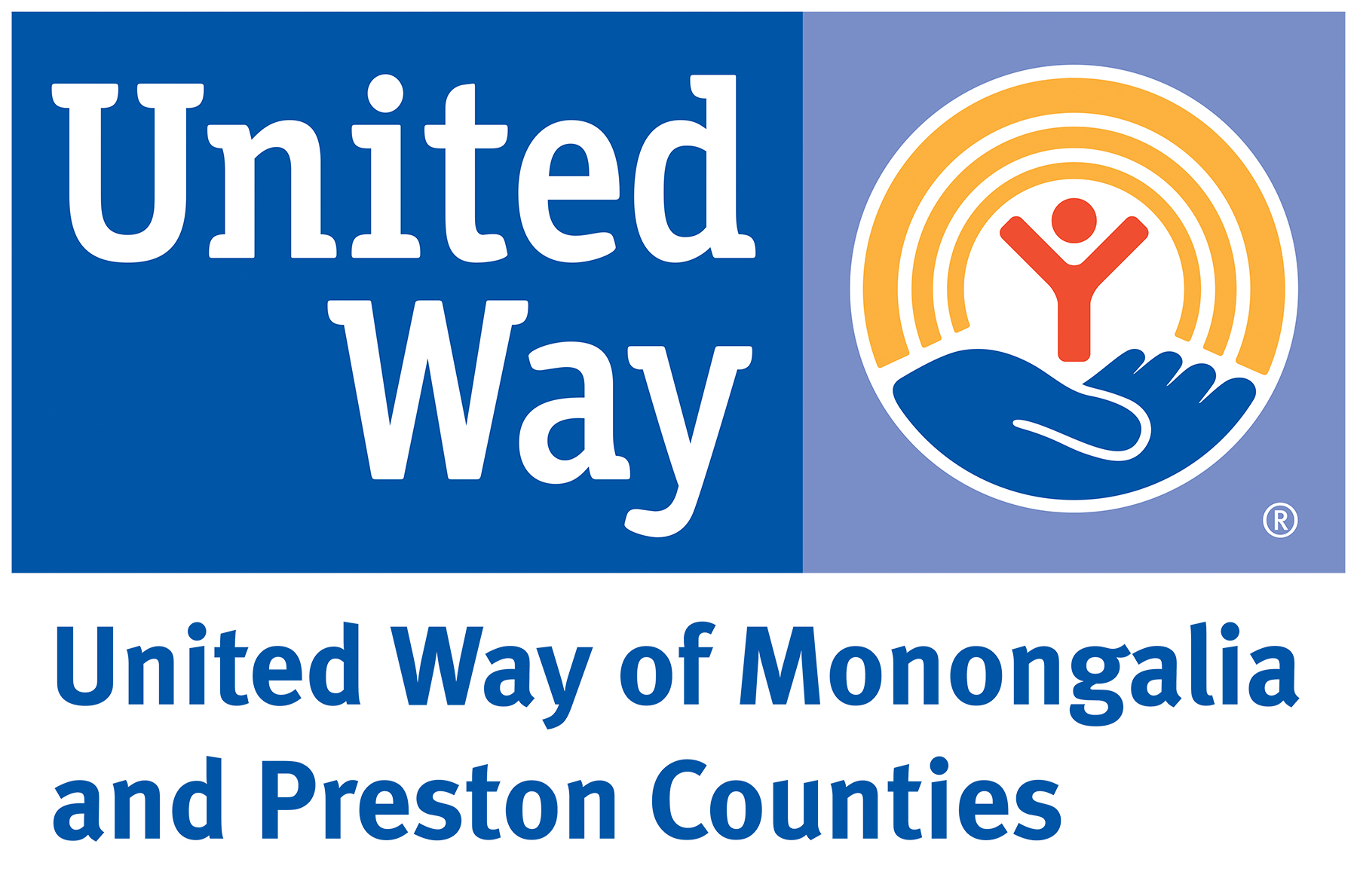Many in our community were already under strain even before the COVID-19 pandemic landed on our doorsteps. And as the seemingly endless effects of its wave continue to hit, some of us have felt the struggle now more than ever.
You may feel alone. You may be scared. And you may be stressed about a variety of issues: Job loss or uncertainty, food insecurity, financial problems, mental health concerns, child care, etc.
How am I going to feed my family? Where can I possibly find a job in this climate? How will I pay my rent and utilities?
These questions were not uncommon for many vulnerable residents in our community even before the pandemic, but they’re so much more prevalent now. And sometimes, the solution’s not as easy as an internet search. Sometimes, you need to talk to someone.
That’s where 2-1-1 comes in. It’s there for you 24 hours a day, seven days a week. WV 2-1-1 is a collaborative project of the United Ways of West Virginia and is actually the first state-wide partnership between the United Ways. The service helps those in need of assistance, whether it be finding food, paying bills, getting child care or a myriad of other social service issues.
It’s as simple as a call to 2-1-1, texting your zip code to 898-211 or visiting wv211.org to chat.
Since March 13, WV 2-1-1 has answered 6,195 calls statewide. Vinny Marroquin, AmeriCorps service member at the United Way of Monongalia and Preston Counties, has answered a portion of these calls for Monongalia and Preston counties.
And as the rules and regulations during the pandemic have changed, so have the needs in our community. The most immediate problem in the beginning of this pandemic was food insecurity, but now as businesses start to get back on track, more calls are coming in for rent payment assistance.
But people in need call for a host of reasons, some related to COVID-19, some not: Child care and afterschool programs, financial coaching, veteran help, addiction treatment, health and mental health assistance, legal services, job training, transportation, disability resources, and more.
When you call 2-1-1, our operators will work to help find the best solutions for you. The United Ways of West Virginia have access to a variety of resources. Thanks to our work with many funded partners and other agencies in our communities, we are able to find services that match the needs of each caller.
Recently, United Ways of West Virginia joined forces with Gov. Jim Justice to help create an online tool where people can find nutritional resources in their own communities. It brings together nutritional resources from the state, federal and community levels, and it’s part of the Justice Administration’s COVID-19 response. The map can be accessed at wv211.org.
It’s hard to know where we’ll be and what issues will arise in the coming months or even years, but we hope it’s some comfort to know that social service help is just three numbers away — 2-1-1. When you need us, we’ll answer the call.
Need answers? Call 211, text your zip code to 898-211 or visit wv211.org to chat.
Amanda Posey is the director of marketing and communications for the United Way of Monongalia and Preston Counties. She can be reached at amanda@unitedwaympc.org.




